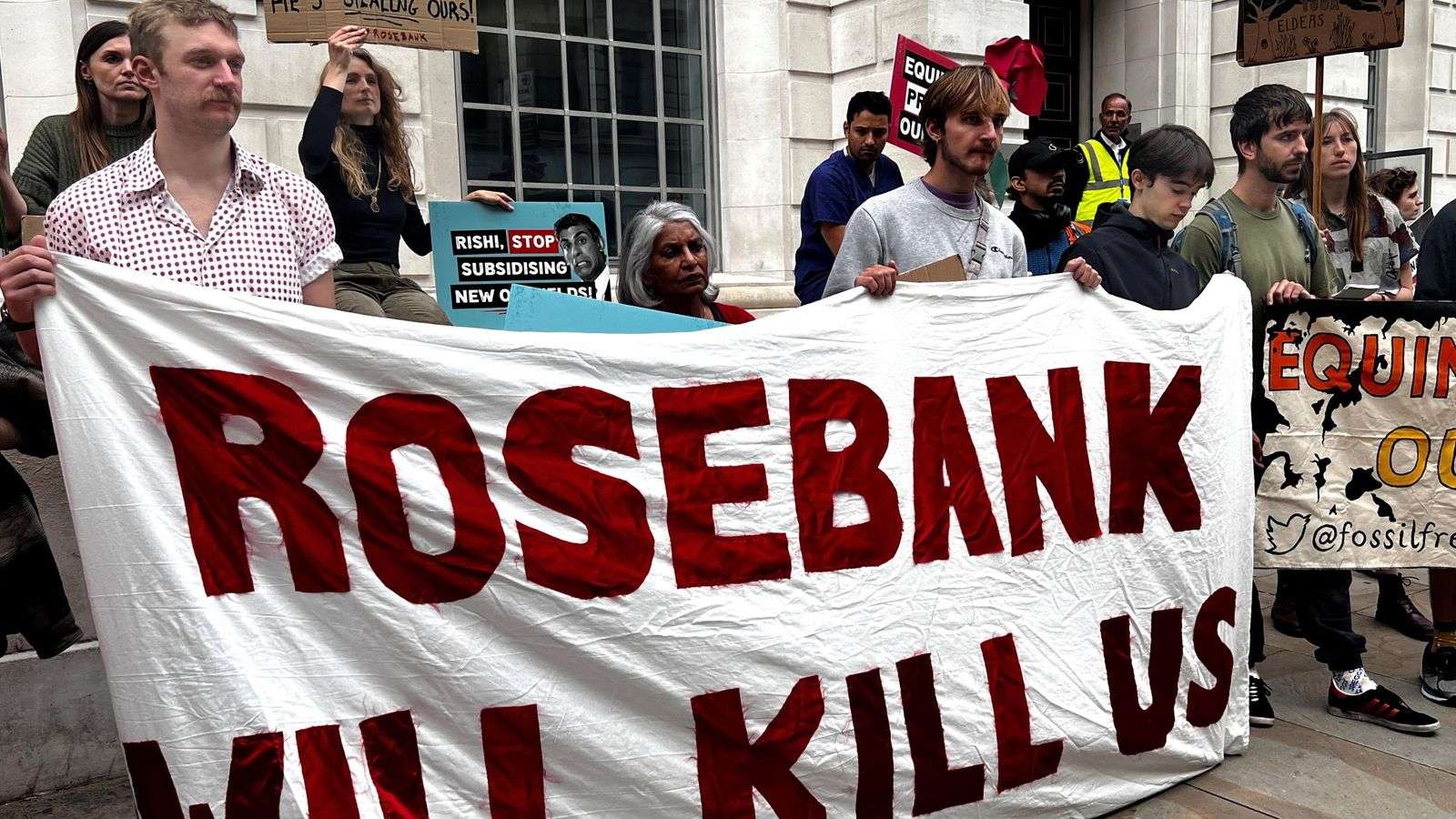The UK government has decided to drop its legal defense concerning the development of the Rosebank and Jackdaw oil and gas fields, the largest untapped resources of their kind in the UK. This comes after campaigners and environmental groups strongly argued that the projects would not bolster the country’s energy security, contrary to what had been claimed by supporters of the development. The fields, which are located in the North Sea, have been mired in controversy due to concerns about their environmental impact and the questionable benefits they bring to the UK.
The Rosebank oil field, situated northwest of the Shetland Islands, is considered one of the largest untapped oil fields in the UK continental shelf. It is expected to hold up to 500 million barrels of oil, a significant resource for the energy sector. Meanwhile, the Jackdaw gas field, located in the central North Sea, has also been identified as a major site for gas extraction, with the potential to produce substantial volumes of natural gas. These fields have been seen by some as a critical part of the UK’s energy strategy in the face of an ongoing energy crisis and rising global fuel prices.
However, environmentalists and climate campaigners have raised alarms, arguing that the development of these fields contradicts the UK’s climate commitments, including its goal to reach net-zero emissions by 2050. They argue that new fossil fuel projects will only exacerbate the climate crisis, and the country should focus instead on investing in renewable energy sources. The legal defense was originally intended to protect the government’s decision to grant licenses for exploration and development, but the mounting pressure from activists and legal challenges has led to a re-evaluation of this stance.
One of the primary arguments put forth by campaigners is that the oil and gas extracted from Rosebank and Jackdaw will not actually be used to secure the UK’s energy needs or lower consumer bills. Instead, the oil will be exported, largely under the control of the Norwegian state-owned company Equinor, which is the main developer behind Rosebank. This reality undermines the claim that these projects will aid in enhancing the UK’s energy security, especially since the oil is not intended for the domestic market. Furthermore, given that Equinor is not a UK company, the economic benefits for the UK itself are called into question.
The situation has highlighted broader issues around energy policy in the UK, where the government faces a difficult balancing act between addressing immediate energy demands, reducing consumer energy bills, and fulfilling its long-term climate obligations. The recent decision to drop the legal defense marks a significant turn in the ongoing debate about how best to navigate these competing priorities. It also reflects growing public sentiment that more must be done to prioritize climate action over short-term economic and energy considerations tied to fossil fuel industries.
Additionally, the government’s move can be seen as part of a wider shift in the public and political landscape where fossil fuel projects are increasingly scrutinized for their long-term environmental impacts. The decision has been welcomed by environmental groups, who see it as a potential turning point that could lead to the reevaluation of other planned fossil fuel developments in the UK. These groups continue to advocate for more aggressive investments in renewable energy infrastructure, such as wind, solar, and tidal power, which they argue would provide more sustainable and secure energy for the UK in the long run.
As the debate over Rosebank, Jackdaw, and other similar projects unfolds, it remains to be seen how the government will navigate these complex issues. The decision to drop its legal defense may be a sign that it is beginning to acknowledge the changing tides of public opinion and the undeniable urgency of the climate crisis. For now, campaigners see this as a victory, albeit a small one, in the broader fight against fossil fuels and for a more sustainable energy future.






































